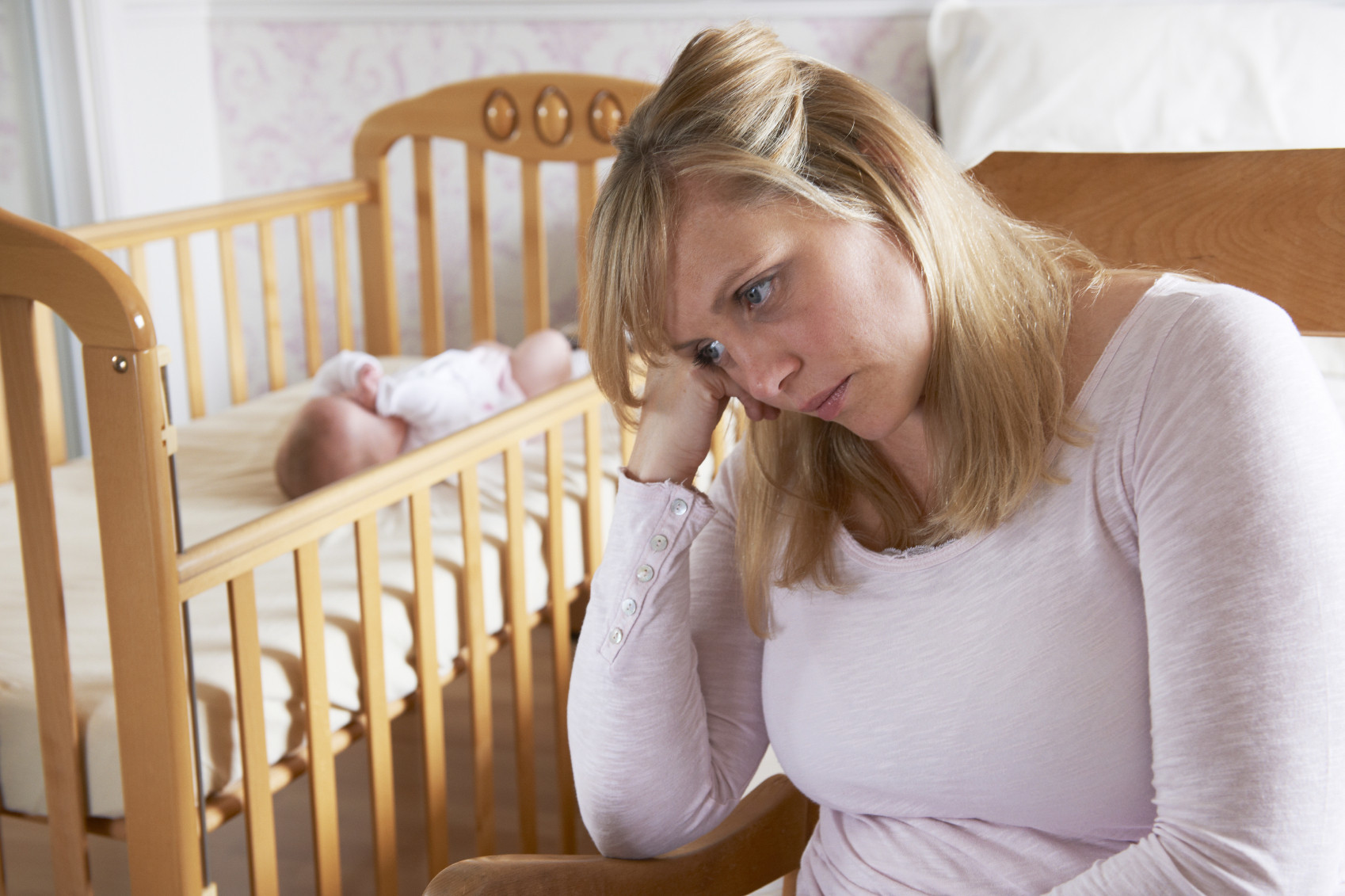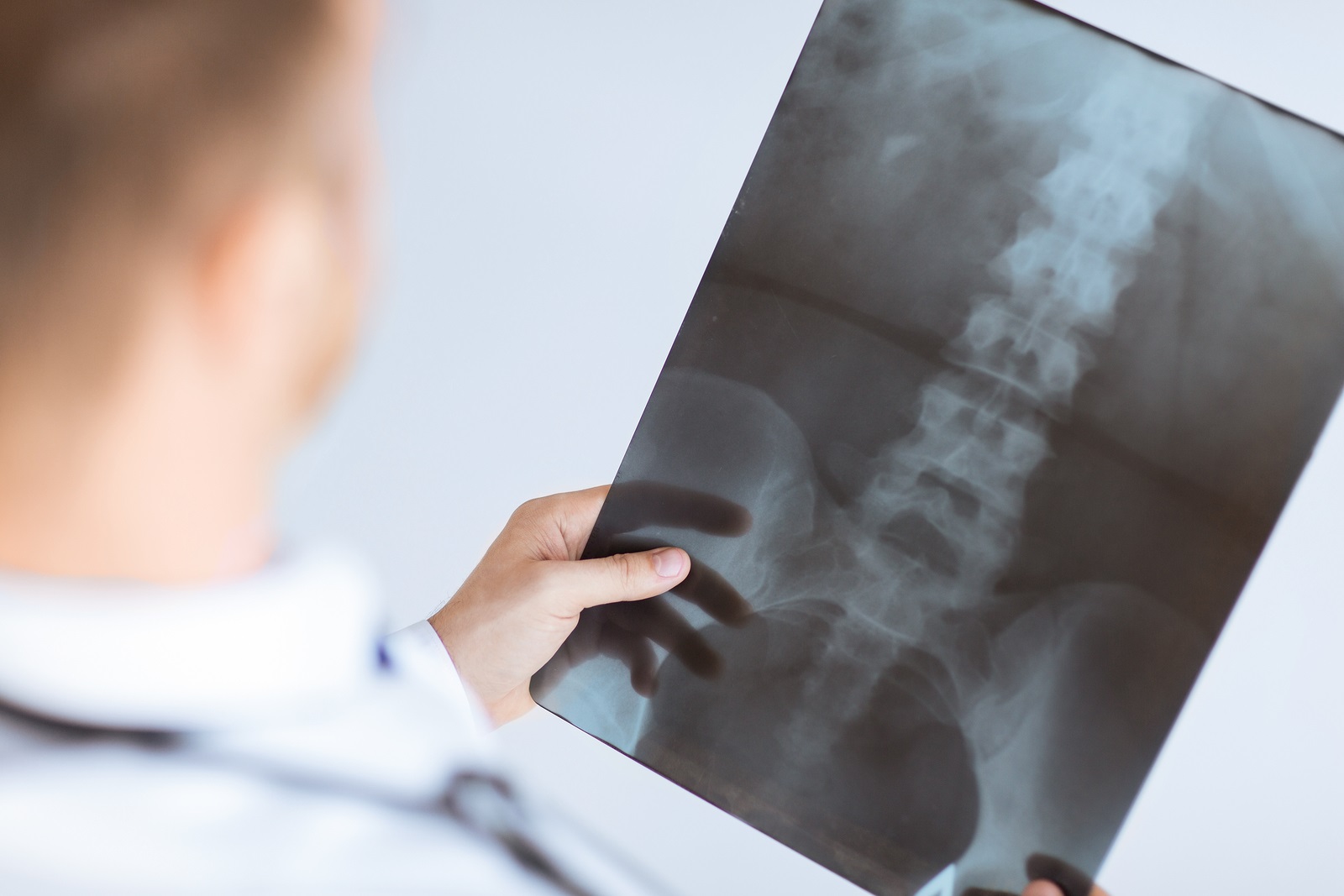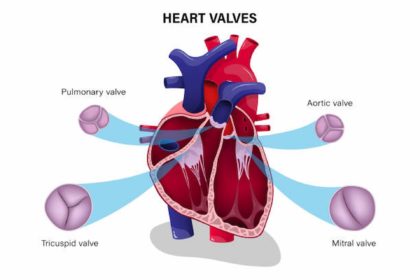Postpartum psychosis is termed to be a major depression that tends to occur shortly before or probably within a month after pregnancy. This incidence is said to take place about in 10% of all pregnancies and last for about a year, if left untreated. But this should not be confused with that of ‘the baby blues’ that is known to pan at two to about five days after delivering the baby. It comprises of sadness, weeping, mood swings, anxiety and irritability. It also does not interfere with newborn care and by two weeks time, resolves spontaneously.
Some symptoms
With regards to diagnosis of this depression, around five following symptoms are known to occur for about two weeks, like, hopelessness, sadness, insomnia, guilt and loss of self esteem, inability to concentrate, under or over eating, loss of pleasure availed from hobbies, low energy, not interested in social intercourse, suicidal ideation and fearing the days that comes ahead.
Diagnosis
Depression treatment pregnancy diagnosis that is unrelated to postpartum depression is stated to be postpartum psychosis. Similar to other schizophrenia types, this diagnosis does include delusions, hallucination, disorganized speech and bizarre behavior. Even though, this psychosis has been considered to be a bipolar disorder variant, there are many who are of the opinion that it is rather a severe kind of manic state, leading to psychosis. It is also known as schizoaffective disorder. Incidence of such type is about one to two cases for every 1000 births that take place. This issue does require the person to be hospitalized as the chances of infanticide and suicide is connected with it.
Risk factor
The greatest risk that is associated with postpartum depression is to have a history of major depression. 7-fold chances of are there of postpartum depression taking place, if proper and timely depression treatment in pregnancy is not provided for antenatal depression. According to some, antenatal depression means history of occurrence during pregnancy. Here, the confusion is interchangeable using of terms postpartum, antenatal, postnatal and perinatal.
This is considered to be crucial since the popular drugs used for postpartum depression is SSRIs like Celexa or Zolosoft. It has withstood the test of time as being safe for the fetus. Moreover, SSRs are considered to be safe for breastfeeding since only 10% of them are known to enter breast milk. SSRIs are regarded to be just fine for treating major depression during the early or the mid pregnancy stages. However, in case of severity, the newer agents like atypical anti-psychotics are said not to be. There are many, who are of the opinion that in such cases, it will be useful to use ECT.
Children of parents suffering from post partum depression are said to experience higher rates of behavioral problems, emotional problems, hyperactivity and defiance disorder. The other risk factors tend to include lack of support group or person, social, marital difficulties, history or current violence or abuse, decreased income, major life events, unwanted or unintended pregnancy. Discussing with the qualified physician is sure to help get the right treatment.





